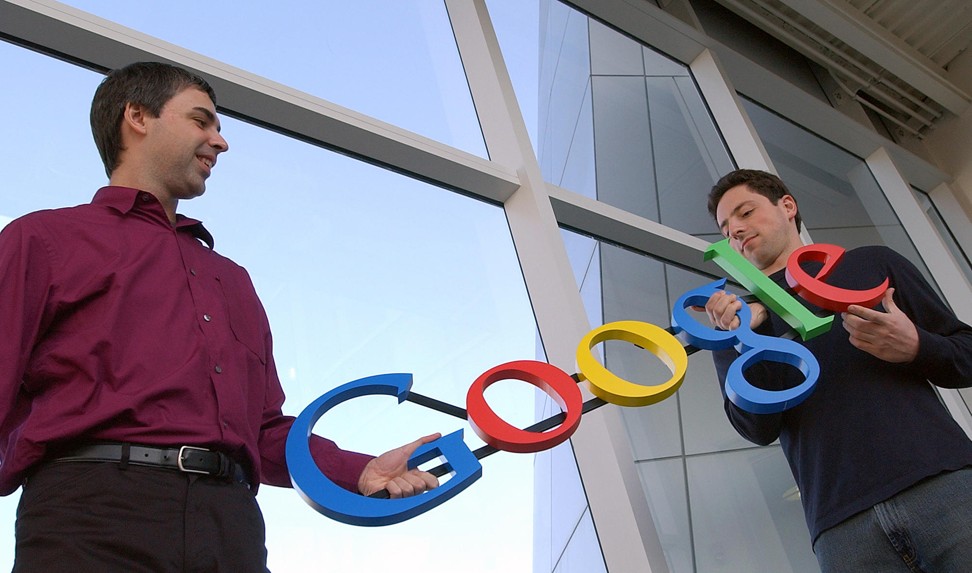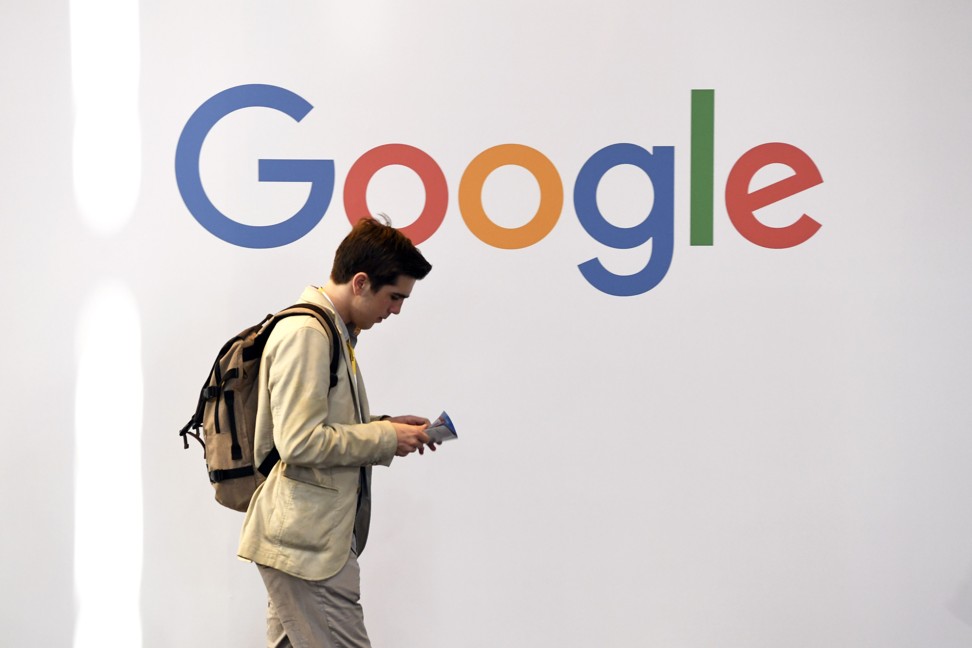Forget the sex, Google’s quest for AI is its main goal

An upcoming book is getting some media attention for including an unflattering characterisation of Google co-founder Sergey Brin. But there’s a lot more to the story.
Some original Google employees remember Brin as a “playboy” during the company’s early days, as well as a manager who thought nothing of having intimate relationships with female employees, according to Valley of Genius: The Uncensored History of Silicon Valley (as Told by the Hackers, Founders, and Freaks Who Made It Boom) by Adam Fisher.
Those competing with Brin shouldn't stop reading there though. In addition to the salacious information, excerpts of the book published by Vanity Fair include a sobering reminder about what Brin and the company’s other founder Larry Page, always considered their primary goal.
In Fisher’s book, Kevin Kelly, Wired’s founding editor, told him, “When I met Page, I said, ‘Larry, I don’t get it. What’s the future of search for free? I don’t see where you’re going with this.’ And Larry said, ‘We are not really interested in search. We are making an [artificial intelligence].’ So from the very beginning, the mission for Google was not to use AI to make their search better, but to use search to make an AI.”
Author Steven Levy wrote something similar in his 2011 book about Google, In the Plex.
“From the very start, its founders saw Google as a vehicle to realise the dream of artificial intelligence in augmenting humanity. A bedrock principle of Google was serving its users – but a goal was building a giant artificial intelligence learning machine.”
What this suggests – almost defying belief – is that Google search and the colossal wealth and changes it unleashed were just a prelude, a means to arrive at an AI future. We’ve heard about Page and Brin’s lofty goals before, the elevator to the moon and flying cars and whatnot. But this AI thing? Look around. It’s happening.
AI is out of the lab and everywhere you look
If it’s true, that AI is Google’s true Northern star, then the company’s recent AI onslaught and all the resources management has devoted to developing the technology may just be a fraction of what it’s ultimately willing to commit.
This could be just the beginning.
AI of course describes any system that perceives its environment and is capable of accomplishing tasks in that environment. The technology is turning up in more places everyday. Self-driving cars rely on AI and computer vision to navigate the road. AI translates language and helps doctors diagnose disease. Virtual assistants, from Amazon’s Alexa to Google’s Assistant, are standard features in internet-connected speakers.
Google isn’t alone in pursuing these advancements. Big tech firms Facebook, Amazon, IBM and Microsoft are prospecting, as are smaller players and start-ups. There’s no guarantee any of them will strike gold. AI has been a hot investment area before, only to see the number of breakthroughs dwindle and enthusiasm evaporate – most notably during a period in the 1970s that came to be known as the AI Winter. Talk to any expert in machine learning or natural-language and they’ll attest that, for all the recent progress we’ve made, teaching computers to behave like humans is incredibly complex, and yes, really, really hard.
Still, signs are everywhere that Google is determined to figure it out.
130 Google AI experts have disembarked at a major conference in Sweden
Last Friday, the International Machine Learning Society kicked off its weeklong conference in Stockholm. There are more than 130 Google AI experts who will “ present publications and host workshops,” the company wrote in a blog post.
Earlier this month, Google invited reporters to try out Duplex, the AI that can understand and speak in natural language well enough to hold brief conversations with humans.
In the area of autonomous cars, analysts believe the sector stands to someday be worth trillions. Not surprisingly Waymo, the self-driving car unit from Alphabet, Google’s parent company, is already far out in front. Waymo is expected to launch commercial operations in Phoenix by the end of the year. RBC Capital analyst Mark Mahaney estimates in a research note that Waymo could generate as much as US$35 billion in annual operating profits by 2030.
Colin Sebastian, an analyst with Baird, applauded how Google’s machine-learning technology has improved the company’s ads.
The AI enhancements “provide a higher level of automation in both ad creation and measurement”, Sebastian wrote.
This isn’t a ‘fad’ for Google
With Google throwing so much into AI, who knows what other applications the company’s scientists will find, or how many other business sectors they might disrupt? And talk about a barrier to entry; unless a rival has a few billion dollars lying around and an army of AI experts on the payroll, they’re going to have to sit it out and think of ways to adapt and fit into the new landscape.
What seems clear is that AI isn’t just a fad for Google; something that the company will abandon if it falls out of fashion or if Google’s engineers hit a roadblock (remember when Google was going all-in on social networking, only to let the effort wither away a couple of years later?).
Google’s leadership isn’t going to give up. A t least not until they’ve equipped a machine with “general intelligence”. That is the AI game-changer, and the term describes a computer that can complete human tasks without being programmed to do them.
Jeff Dean, the chief of Google Brain, the company’s AI research group, was asked by The Economist about whether general AI can be cracked.
Dean said, “We absolutely want to.”
Want more stories like this? Sign up here. Follow STYLE on Facebook, Instagram and Twitter
This article originally appeared on Business Insider.

Co-founders Sergey Brin and Larry Page see their mission as building a gigantic AI learning machine rather than using it to improve their search



